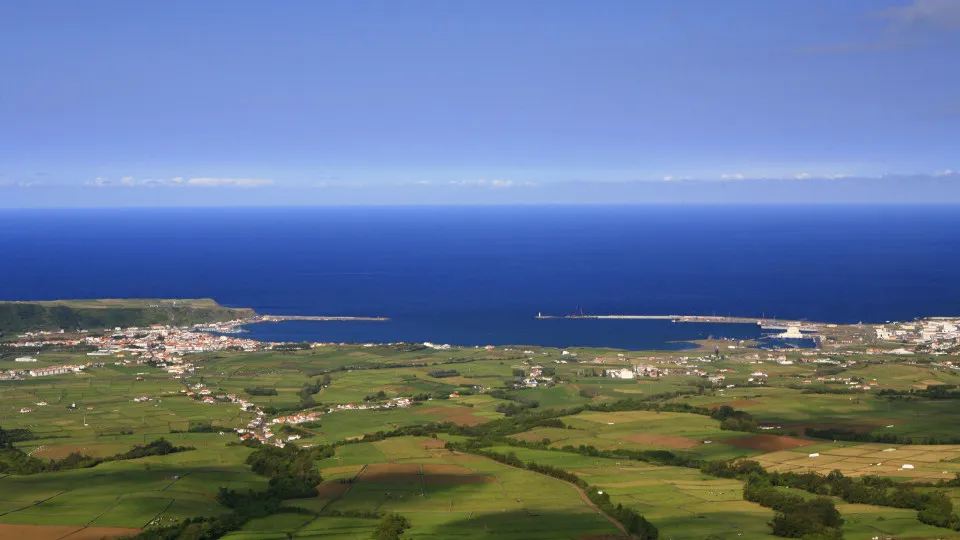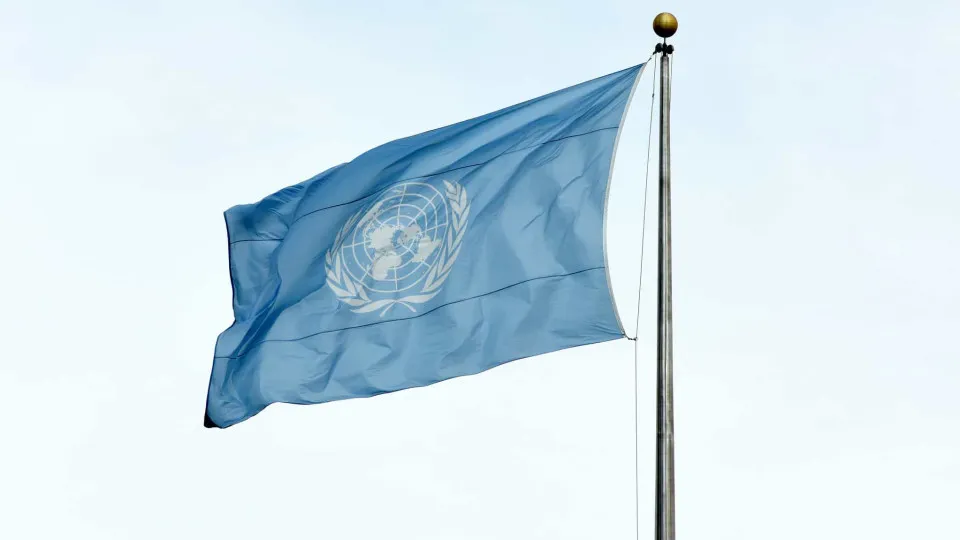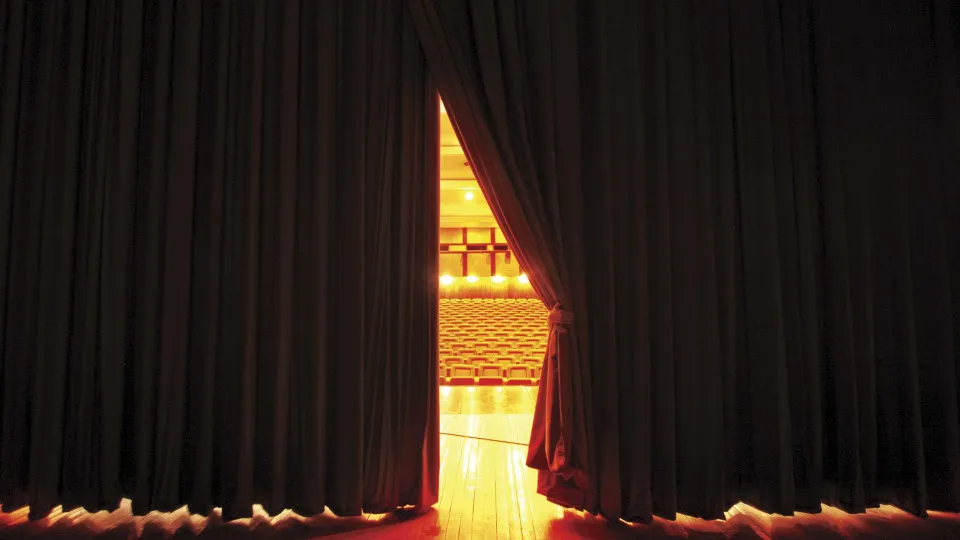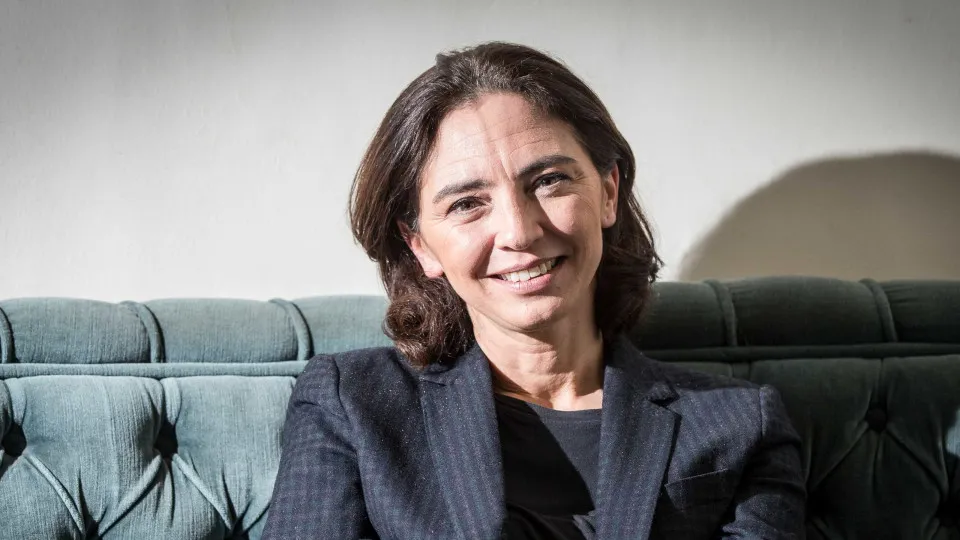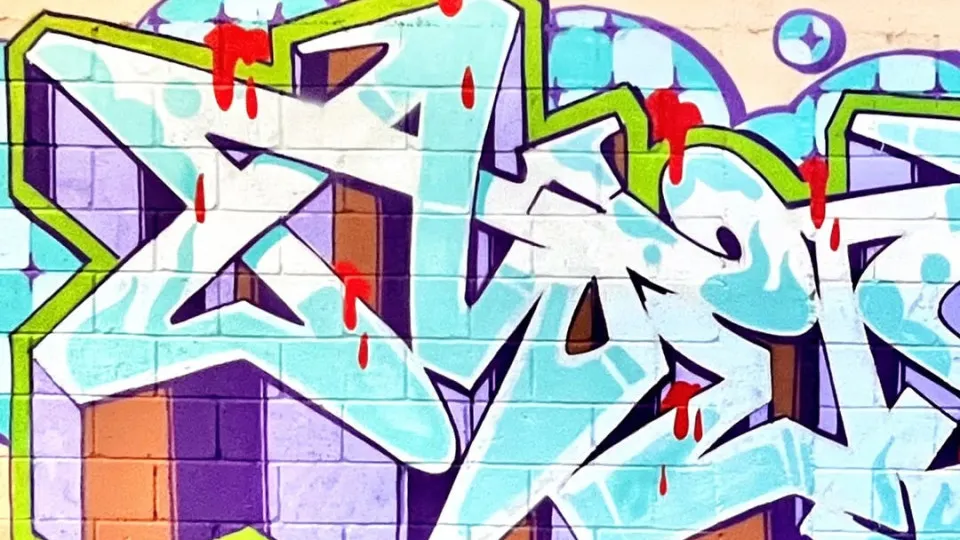
According to the artistic collective Aubhaus, which organizes the festival, this exchange allows Fenda to “definitively” embrace its international dimension, “cementing itself as a reference platform in the Iberian and European landscape,” as stated in the announcement sent to Lusa agency today.
In an edition now exclusively devoted to public art, “as a space for creation, critique, and community participation,” reinforcing “Braga as a laboratory for contemporary urban experimentation,” the lineup also includes artists such as the Portuguese Kruella D’Enfer and Akacorleone, the Spanish Taquen, and the Estonian Maria-Liisa Leonidov.
The organization also emphasizes the festival’s expansion to periurban areas, specifically the parishes of Tebosa, Real, and São Mamede de Este, which it describes as a “clear commitment to cultural decentralization and the democratization of access to the arts.”
This year, Fenda will also introduce a pioneering digital guide that maps existing public art in Braga and suggests new ways of appropriating the transforming urban space, including the creation of temporary galleries on construction site fences in the historic center.
The program also brings together Portuguese and foreign artists such as Ele Zissou from Spain, Ruído, MIN, Oaktree, and Diogo Matos, in addition to the Braga–Cali exchange project featuring the artist Mesek.

